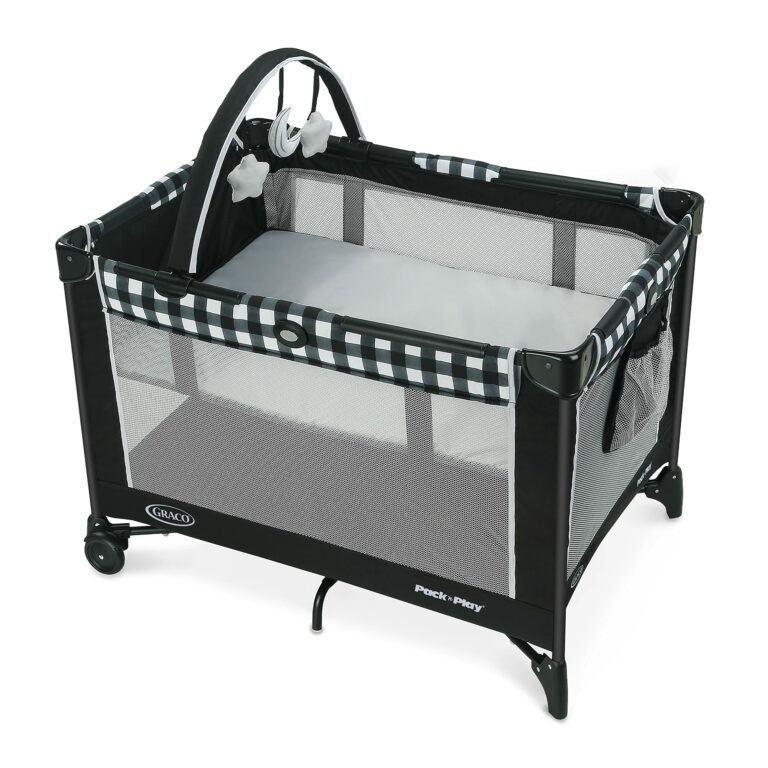When To Move Baby To Own Room: A Comprehensive Guide
Are you a new parent wondering when is the right time to move your baby to their own room? This decision can be a tough one for many parents, as it involves balancing your baby’s safety and comfort with your own peace of mind. In this article, we will explore the factors to consider when deciding when to move your baby to their own room and provide you with some helpful tips along the way.
Knowledge
Before making the decision to move your baby to their own room, it is important to consider a few key factors. Firstly, the American Academy of Pediatrics recommends that infants sleep in the same room as their parents for at least the first six months of life to reduce the risk of SIDS. However, this recommendation is not a one-size-fits-all solution, and every family is different.
One of the main factors to consider when deciding when to move your baby to their own room is their sleep patterns. If your baby is waking frequently during the night and disturbing your sleep, it may be time to consider moving them to their own room. Babies who are light sleepers may also benefit from having their own space, as they may be easily disturbed by noises in the room.
Another important factor to consider is your baby’s age and development. While the AAP recommends keeping your baby in your room for the first six months, some parents may choose to wait longer before making the transition. It is important to consider your baby’s individual needs and development when making this decision.
When moving your baby to their own room, it is important to take certain safety precautions to ensure their well-being. Make sure that the room is free from any hazards, such as loose cords or curtains that could pose a strangulation risk. It is also important to ensure that the room is at a comfortable temperature and that your baby’s crib meets current safety standards.
Ultimately, the decision to move your baby to their own room should be based on what feels right for you as a parent. If you are constantly worrying about your baby’s safety or if their presence in your room is disrupting your sleep, it may be time to consider making the move. Trust your instincts and do what feels right for your family.
Conclusion
In conclusion, the decision of when to move your baby to their own room is a personal one that should be based on a variety of factors, including your baby’s sleep patterns, age and development, safety precautions, and your own comfort as a parent. By taking these factors into consideration and trusting your instincts, you can make the best decision for your family.
Remember that every family is different, and what works for one may not work for another. The key is to do what feels right for you and your baby. Trust your instincts, take the necessary safety precautions, and enjoy this new phase of your baby’s development.






